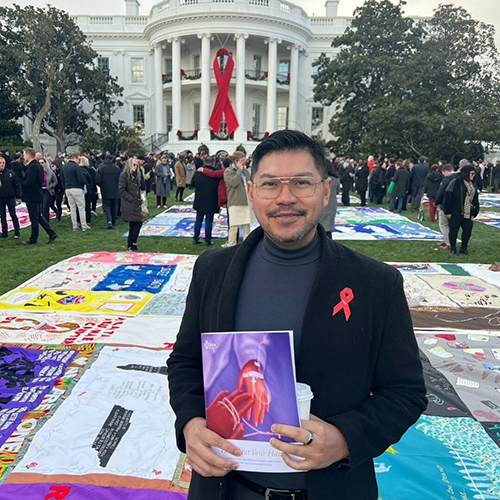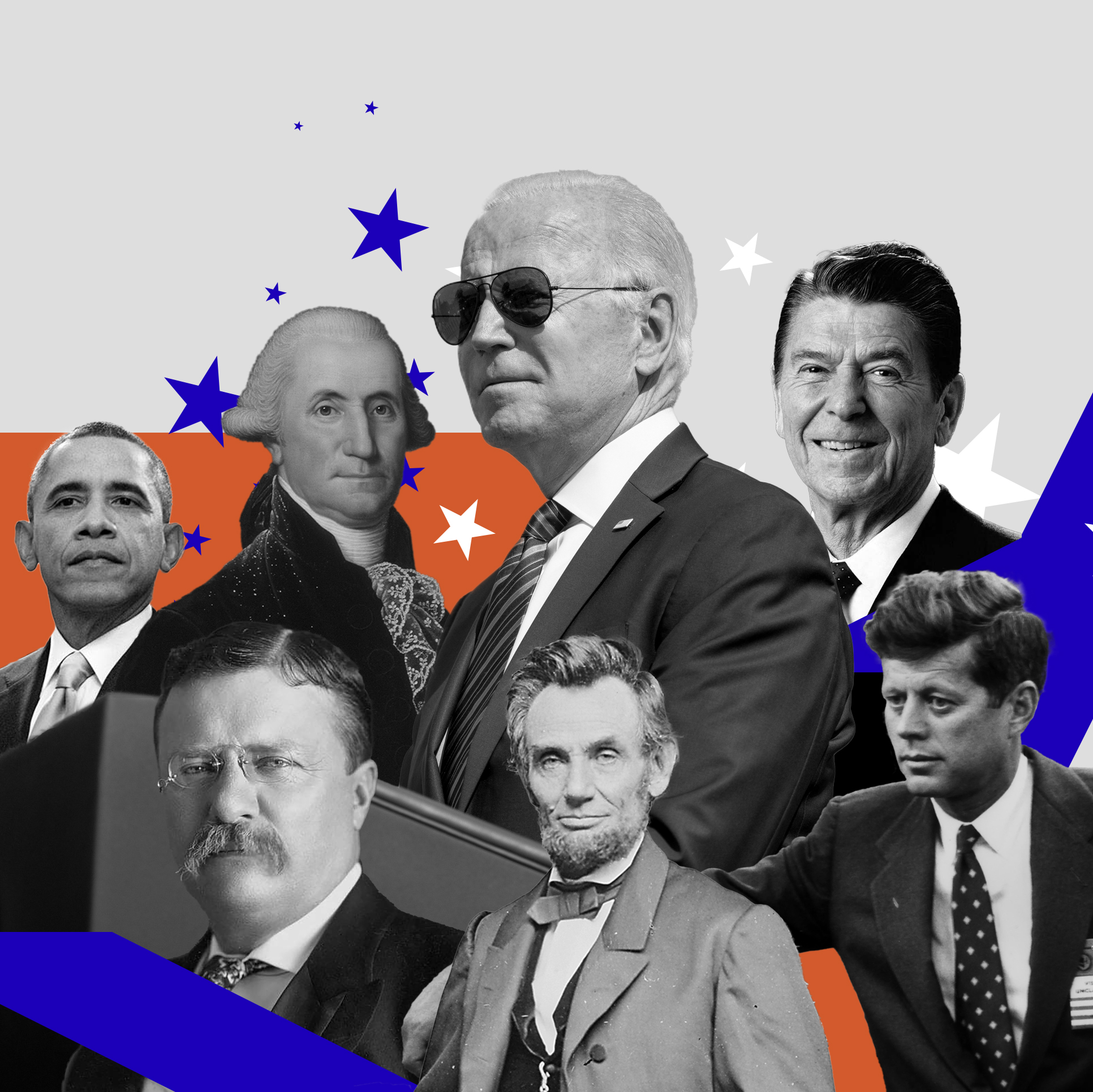As we prepare for the University of Washington’s annual commemoration of Veterans Day — for me the most moving of all the University’s ceremonial occasions — our obligations to American veterans and their families are once again in the news. Recent events, including the deaths of four American active-duty soldiers in Niger, have prompted more reflection on the men and women who serve, and have indirectly led to questions about free speech across the country and on college campuses.

The responses to those American soldiers’ deaths in Niger, by politicians from both parties, raise important issues that go beyond “point scoring” by political partisans and transcend even the grief of the soldiers’ families. Particularly striking in this regard were the comments of General John Kelly, President Trump’s chief of staff, who told a crowd of reporters that unless they had themselves lost a family member in combat, or knew someone who had, they had no right to speak on issues pertaining to such Gold Star families (as those who have lost family members in combat are known).
If free speech is to mean what it should, then everyone must be entitled to speak on every issue that moves them to do so.
I have great respect for General Kelly, who lost his own son in Afghanistan and who went out of his way to attend my own son’s burial in Arlington National Cemetery only a year later. His account of what happens when an American service member is killed in action was completely in accord with my own family’s experience. And if General Kelly’s main point was to emphasize the gulf that increasingly divides American families whose sons and daughters join the military from those who do not, then I share his concern. It is bad for democracy when military service comes to be seen as the responsibility of only a segment of society, however that segment of society may be defined.
But as a fellow Gold Star father (a distinction that none of us ever sought or earned), I am perturbed by any suggestion that we alone can understand what it means to lose a child in service to the country. Nor do I believe that our status gives us any special privilege in the nation’s ongoing debates. Quite apart from excluding the many first responders, FBI, CIA, and DEA agents who have also given their lives in service to their fellow citizens, to assert that others have no right to speak about our grief undermines the values for which our loved ones gave their lives.
Free speech is one of the values for which our veterans fought and died. UW President Ana Mari Cauce is a national leader in speaking out in defense of free speech, and her recent blog post (which you can read here) is the best statement I have read on the importance of protecting free speech on our campuses. As President Cauce notes, free speech is not only about what one is entitled to say, but also about who is entitled to speak, and about what subjects. If free speech is to mean what it should, then everyone must be entitled to speak on every issue that moves them to do so. In speaking, we should of course recognize with all due humility the limits of our knowledge and experience. But we enter upon dangerous ground when we exclude any of our fellow citizens who seek in good faith to be part of the conversation.
. . .
The Student Veteran Life office works every day to assist UW veterans. For information, visit depts.washington.edu/vetlife.
More Stories

Exploring the World — and Global Careers
Study abroad in Vietnam and Madrid. An internship with the State Department. International studies major Grace Kelly explored the world as a UW student.

Advocating for Better Health Care
As director of government relations for the Catholic Health Association, Paulo G. Pontemayor (BA, 2005) is dedicated to increasing equity and access to health care in the United States.

Is This Presidential Campaign Different?
UW History professor Margaret O'Mara provides historical context for this moment in US presidential politics.